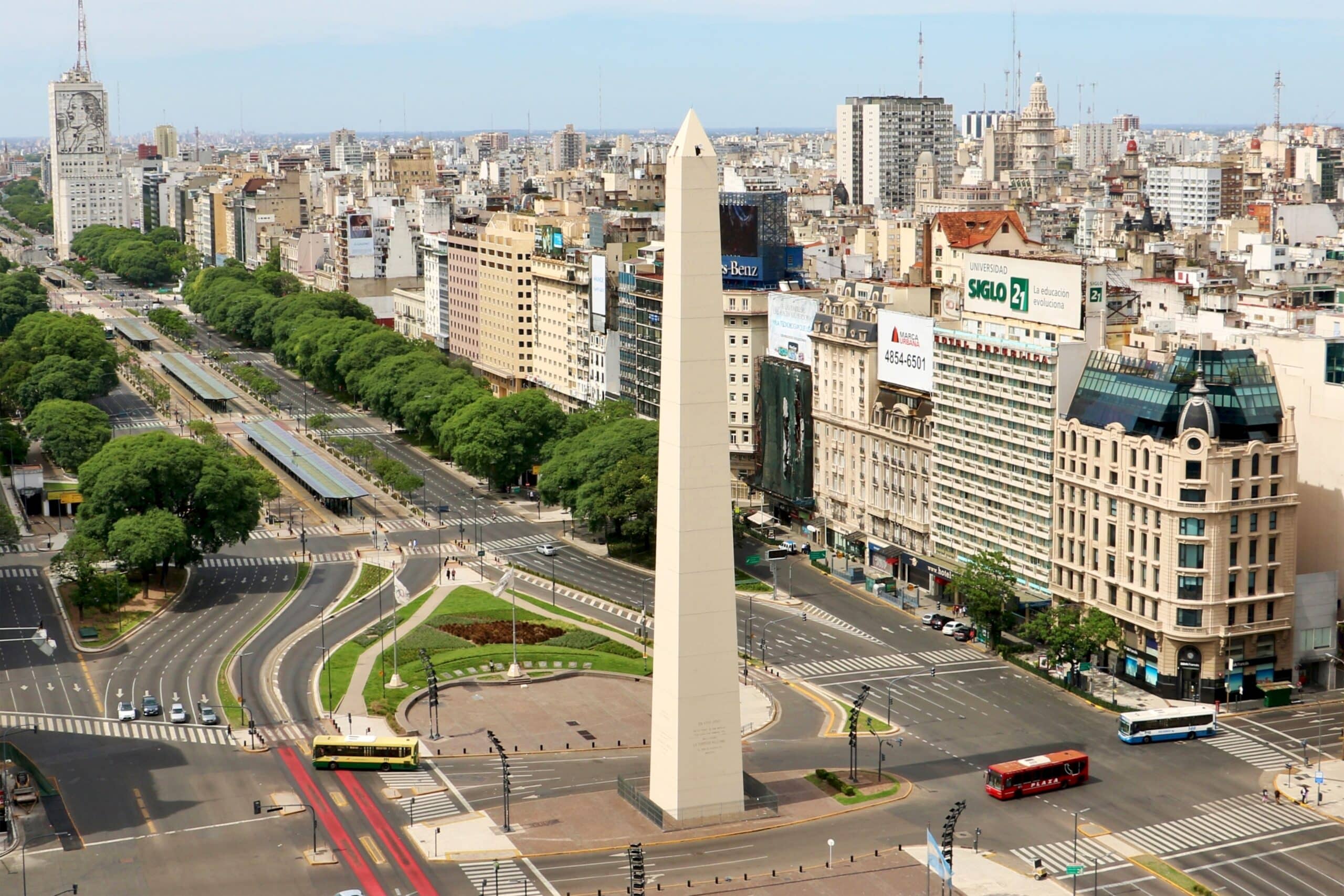Buenos Aires, the capital of Argentina, has introduced a blockchain-based digital identity system for its 3.6 million citizens, marking a global first in decentralized identity technology backed by a government. The new system, QuarkID, utilizes zero-knowledge (ZK) cryptography via the ZKsync-powered Era layer 2 blockchain, and is integrated into the city’s MiBa digital platform that allows residents to access services and documents. The initiative aims to give citizens more control over their personal data while improving privacy and security.
Starting October 1, all miBA users received decentralized digital identities (DIDs), enabling them to securely manage and share verified documents, such as birth certificates and tax records. The city claims this represents a significant shift in how personal data is handled. “The incorporation of zero-knowledge blockchain technology into the City’s digital identity system is an unprecedented milestone that positions us globally,” said Jorge Macri, Chief of Government of Buenos Aires, in a press release.
The system’s core innovation is the use of ZKsync’s technology, which allows citizens to verify credentials without exposing unnecessary personal data. For example, individuals can confirm their age without sharing their full birthdate or other personal details. “By giving residents control over their identities, we’re not only improving privacy and security, but we’re also setting the foundation for a future where personal data ownership is a basic right,” said Diego Fernández, the city’s Secretary of Innovation and Digital Transformation.
In addition to privacy, the system offers enhanced security. According to Fernández, “this initiative demonstrates the power of blockchain to revolutionize government services by empowering citizens to safely and securely own their data.”
Buenos Aires plans to expand the system, eventually allowing residents to use QuarkID for more documents, including driver’s licenses and public permits. QuarkID has already been piloted in countries like Mexico, Colombia, and Peru, and may soon be adopted by other provinces in Argentina.
The initiative could serve as a model for other cities and governments exploring the use of blockchain technology to enhance digital identity systems.



